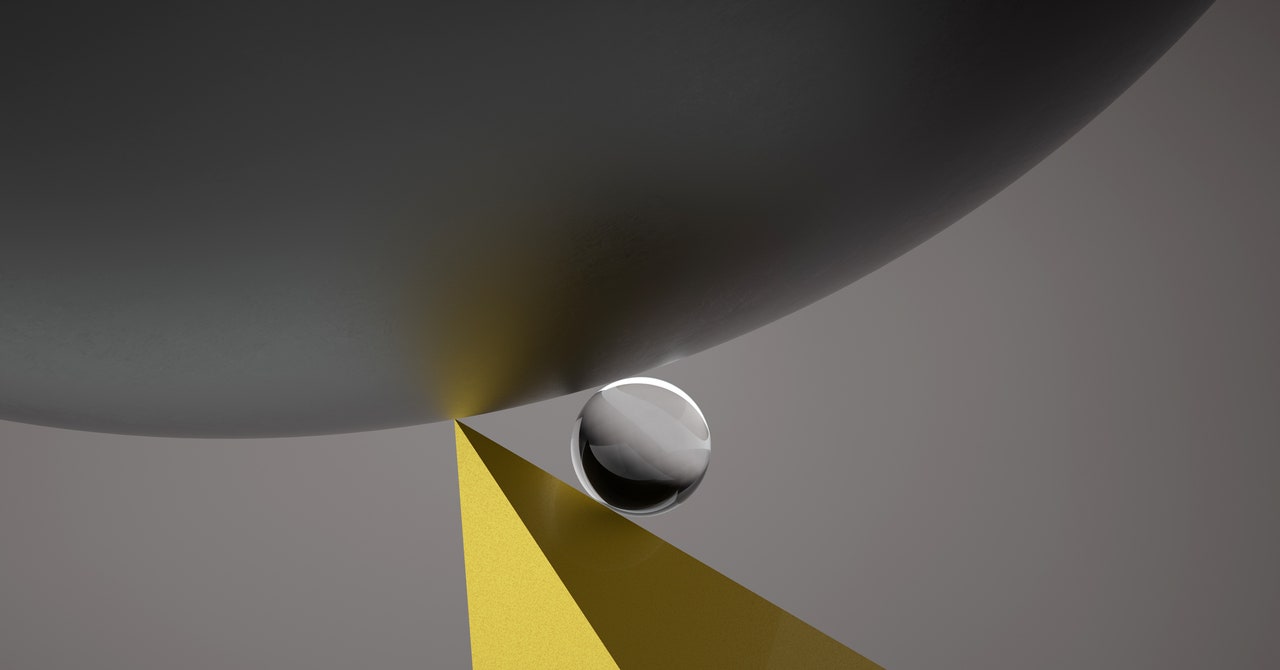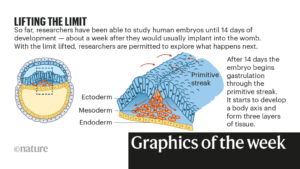You’re Not Alone: Monkeys Choke Under Pressure Too
The workforce designed their cursor recreation to be difficult for the monkeys however nonetheless easy to investigate. Motion-capture cameras tracked the monkeys’ arm movement, which managed the dot on the display. The recreation itself was the identical every time. Any variations in velocity, place, and accuracy, the researchers figured, may solely stem from the one variable they examined: the reward.

The workforce designed their cursor recreation to be difficult for the monkeys however nonetheless easy to investigate. Motion-capture cameras tracked the monkeys’ arm movement, which managed the dot on the display. The recreation itself was the identical every time. Any variations in velocity, place, and accuracy, the researchers figured, may solely stem from the one variable they examined: the reward.
The monkeys discovered to anticipate explicit rewards with visible cues on the pc display—completely different coloured targets corresponded to every reward. Earl and the others excelled through the coaching interval, once they earned nothing for failing or tiny sips for succeeding. They carried out a bit of higher when the reward they thought they might get doubled or tripled. If that development held, a uncommon jackpot—a drink 10 instances greater than the common reward—ought to have motivated even higher efficiency. But the jackpot did the alternative. The monkeys put up way more unsuccessful runs when the massive prize was up for grabs. Earl choked on 11 of his 11 jackpot alternatives.
To discover a trigger, Adam Smoulder, a graduate pupil on the workforce, scrutinized what was happening with the monkeys’ arm motions throughout hundreds of trials. Their response instances and most speeds confirmed no clear development. “Really the only consistency we saw was this increase in caution,” Chase says.
Imagine the monkeys’ arm gestures as a composite of two phases—a quick, preliminary “ballistic reach” movement to ship the cursor nearer to the goal, adopted by a slower, extra exact “homing” step to land on-target. Earl, Ford, and Nelson repeatedly undershot in jackpot trials. Instead of beginning as they usually would, with a quick ballistic attain that lined a number of floor, their attain would cease brief; the homing step dragged on till time ran out.
(adsbygoogle = window.adsbygoogle || []).push({});
“The monkeys are choking by being overcautious,” says Batista. In people, psychologists have linked choking to paying too shut consideration to your actions, a habits referred to as specific monitoring. Thinking about your actions makes them slower. And he thinks that’s what’s happening; the monkeys are psyching themselves out and undershooting. “If that’s not metacognition,” he says, “I don’t know what it is.”
One speculation for why huge rewards trigger choking is that making exact actions depends upon a “neural sweet spot” for rewards. The anticipation of a bigger reward might trigger neurons to launch extra dopamine. At the best ranges, that dopamine helps hold actions sharp. But if motivation jumps, the flood of the neurotransmitter may overwhelm the mind’s communication networks. “Too little reward, we don’t perform super well; too much reward, you don’t perform super well,” says Chase.
The new examine doesn’t pin down an actual neural reason behind choking, however it units the stage for scientists to check the neuroscience of high-stakes efficiency with lab animals. In future experiments, having an animal mannequin will make it simpler to make use of electrodes to listen in on the mind’s chatter.
“Have they shown that this is the only way in which humans or animals choke? No—but it’s one way,” says Beilock. An image of the underlying programs is necessary, she says, as a result of a number of areas might be concerned, relying on the state of affairs. Supposing these particulars translate to people, it may clarify how distinct mind areas trigger distinct kinds of choking. A failed motor job can be like lacking the ball; a failed cognitive job can be like forgetting your solutions in a job interview. The mind areas concerned in every state of affairs may overlap, however they might even be separate and value exploring.
Rob Gray, a sports activities psychologist from Arizona State University who research how stress impacts human efficiency, says the monkey knowledge seems to be rather a lot like specific monitoring in athletes who choke. “That kind of nonfluent movement is what you expect when you try to control things consciously from the top,” he says. It’s paralysis by evaluation: “You’re micromanaging your body.”



